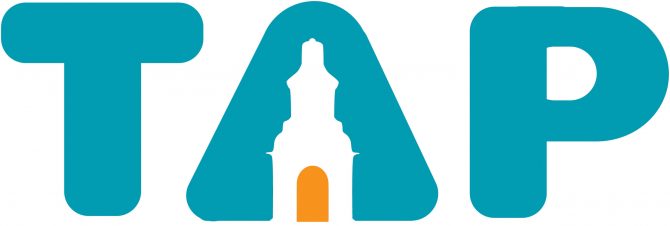The results from the first year of the Trinity Access 21 programme were announced at a conference in Trinity last week and indicated significant successes for the project.
Trinity Access 21 is an initiative that works in secondary schools to encourage greater use of technology and team‐based education in the classroom and to address educational disadvantage. It aims to improve students’ abilities in computer science and STEM subjects (science, technology, engineering and maths) within schools in disadvantaged communities.
The project challenges educational disadvantage through its ‘Mentoring, Leadership and Pathways to College’ programme, which focuses on cultivating aspirations to continue on to higher education among participants.
In its first year, the project held workshops with over 8,000 students and 300 teachers across 15 secondary schools. Teachers who took part in the first year of the programme reported greater confidence in the use of technology in teaching as well as wider use of team‐based and technology‐mediated learning in the classroom.
Student participants reported increases in college‐going ambitions and more confidence in their ability to negotiate higher education. Students also reported that they were communicating more with their parents and wider community about their future
At the conference, Trinity Access 21 revealed plans to expand the existing project to a greater number of schools, third‐level institutions and communities through the development of its ‘21st Century Schools of Distinction Programme.’
Addressing the conference, Cliona Hannon, Trinity Access Programmes Director, said: “The Trinity Access 21 projects have yielded exciting results in only one year… The research evidence shows the potential for educational change within this model and we are very keen to scale it to a wider range of schools.”
Tom Boland, Chief executive of the Higher Education Authority, also spoke at the conference. He praised “Ireland’s success in broadening access to higher education” in recent years, but acknowledged that obstacles remain for “communities where there are still low levels of participation.” He called for “fresh solutions” to encourage increased participation in both further and higher education and welcome the Trinity Access 21 initiative as an “innovative approach by the third‐level sector to deepening engagement with schools and local communities.”







